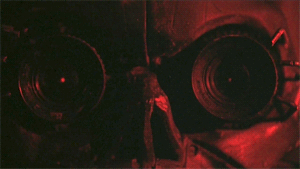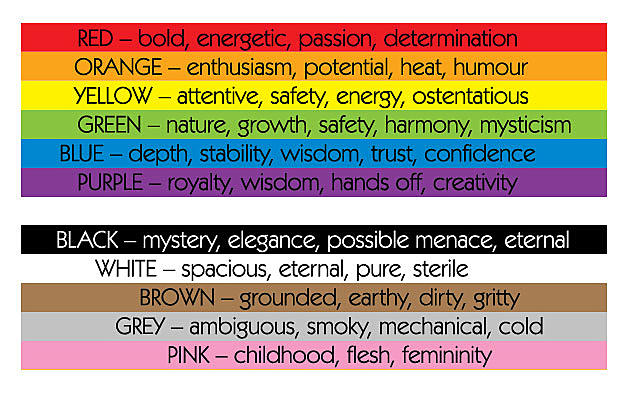Here are some recent comics I've read in the past few weeks.
Hey Kids! Comics! (Image)
This is a limited series by Howard Chaykin (perhaps the first of multiple volumes) about the history of comics from the 40s to the 2000s as seen through the eyes of three (fictional, though clearly with elements of real people) creators who got their start in the Golden Age. They interact with a number of other characters who are, at times, fairly thinly disguised stand-ins for real personalities in the industry. The throughline seems to the reputed Jack Kirby adage: "comics will break your heart, kid," or at least leave you embittered and angry, as editors and publishers profit from your work and fandom misunderstands the real history. While there are more sympathetic and less sympathetic characters, all of them are all too human, and no one involved is particularly flattered by Chaykin's portrayal.
Spider-Man: Life Story (Marvel)
The conceit here is that Spider-Man ages in real time, from his teen years in the 60s on through the decades. Chip Zdarsky and Mark Bagley weave a tale that resembles Byrne's Generations limiteds in some ways, but is more interested in clever re-imaginings of various classic storylines from each era. The result is entertaining, but this dual concern means that the idea of a Marvel universe where time passes is not as deeply explored as it might be since story time has to include secret wars, alien suits, and (multiple) clone sagas. Still, it's the sort of thing I wouldn't have thought Marvel would put out, so the novelty alone makes it worth a look. Five issues are out now with the sixth and the trade to come.
Superman: Year One #1 (DC)
Many of the reviews I have seen of this tend to be reviews of the reviewer's lack of faith in Frank Miller (not unjustified, admittedly, given his work and public statements of the past decade or so) or at least their certainty he doesn't understand Superman. (Aside: Almost any time someone says "that isn't what Superman/Batman whoever would do" they are making a statement more of personal preference than history. Of course, there are certainly portrayals that are more the center of the bell curve and some that are outliers.)
For the most part, if this take by Miller and Romita has a flaw, it's that it is all too conventional, and the minor (minor!) ways it deviates from the Standard Consensus Origin are a bit more off-putting than interesting. It is suggested that baby Kal-El modifies his behavior to manipulate the Kents into accepting him (plausible, perhaps even likely, but not what most Superman readers want to read, apparently). Clark is also always aware of the fragility of regular humans (again, plausibly, but not people are looking for). The Kents are on paper what they are suppose to be but they feel a little off. Lana Lang is more active than it most takes, but it still doesn't amount to much and she must be rescued.
So, if you just need another Superman origin, well, this is another one, but if you are looking for the Superman origin that will give you the small thrill of the truncated origin in
All-Star Superman, this isn't it. It's more like a darker
Man of Steel (the Byrne limited) as written by Frank Miller.



















